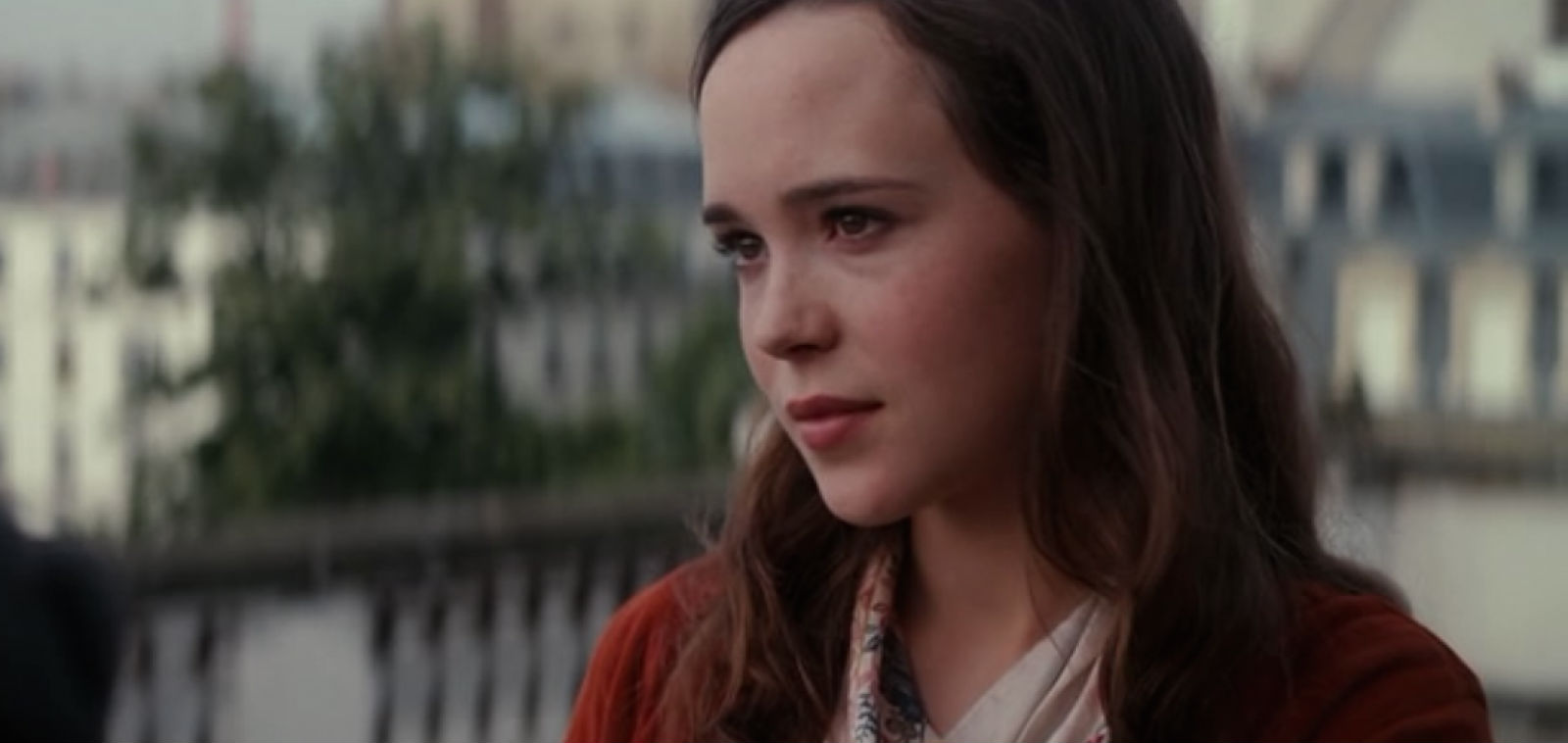Somehow, 2010’s Inception has suddenly become topical again ” an idea that seems like it was mysteriously planted in our minds by Leonardo DiCaprio himself. In reality, though, people are talking about Christopher Nolan’s trippy hit for a few good reasons:Â it’s about to celebrate its 10th anniversary; it recently screened inside Fortnite; and there’s even a return to theatres as an appetiser for Nolan’s new sci-fi opus, Tenet. Add it all up and, yes, it’s time to revisit Inception.
When Inception was released I, like many others, instantly fell for it. The scope, the ambition, the effects, it was one of my favourite films of the year. However, having not watched it in some time, when I clicked play I felt oddly uneasy. There was almost an intimidation factor. I had a vague recollection of the dense storytelling Nolan had in store but no concrete memory of how it all worked. In a way, I was almost scared that a few years removed was going to sour me on the film.
Spoiler alert: It did not sour. It all hit me and by the time the credits rolled I was once again in love with this imaginative world. In fact, the film worked its magic in ways that made me appreciate it on whole new levels.
First and foremost, that unease I felt at the start of the film is quickly, and deliberately, ironed out. Nolan has a knack for coming up with grandiose ideas and then explaining them simply and clearly without slowing down the film. However, in Inception, the audience is dropped right into the action without any kind of primer and the result is off-putting. Soon, though, the narrative dictates a new character be introduced (in this case, Ellen Page’s Ariadne) and now there’s a story reason for a dump of crucial information. This melding of momentum and exposition is seamless and is used time and time again.

That story, if you’ve forgotten, is that DiCaprio’s character, Cobb, specialises in invading people’s dreams and extracting information. However, when a job goes wrong he’s asked to perform “inception,” which means going into a person’s dream and planting an idea. Everything is obviously much more complex than that, almost shockingly so, but Nolan keeps the viewer acclimated and alert to what’s going on at all times.
When Cobb and his team begin to attempt inception, they have to go three layers deep and beyond (dreams within dreams within dreams). As it’s happening, every few minutes, the film cuts back to the higher layers, reminding us all of the rules that have been set. Who is where, how fast time is passing, what needs to occur for them to survive, etc. In this multifaceted, complex world, we always know what’s happening, where, when, and for what purpose. Moments like that maybe went over my head the first few times I saw the movie but watching it now, I appreciated the careful acclimation so much more.
With each new revelation or piece of information, you also get the sense Nolan structured the film like one of Cobb’s heists. Nothing is ever as it seems. We accept one reality only to have the rug pulled out from under us. It happens over and over as if the audience itself is having its mind tampered with, just like the characters.

Eventually, Nolan pulls off his best trick, actual inception, by planting the idea that maybe the entire film has been one of Cobb’s dreams. It’s only briefly mentioned by Mal, Marion Cotillard’s character, but then it’s there, sitting in your mind. Earlier on, the film makes the point that ideas can be as contagious as a disease because they catch on, grow, and spread. So after Nolan seeds that idea, he pays it off in the film’s final shot: the spinning top that tells Cobb what’s real and what isn’t. It looks as if it’s about to drop, but it doesn’t, and we’re left with more questions than answers. Has the film been an elaborate dream? Is this reality? We don’t know. That Nolan has actually performed the act of the title on his audience, in almost the exact same way his characters do, is the film’s greatest triumph.
There’s so much more to enjoy in the film, too ” like how great it is to see Tom Hardy in a seemingly normal role (and without a mask on his face), how excellent the chemistry is between him and Joseph Gordon-Levitt, Ellen Page’s significant presence and confidence, or how Nolan’s idea of death as an awakening, not an ending, could be read with a religious slant. Even the relationship between Cobb and Mal, which feels a little shoehorned in early in the film, ends up blossoming and becoming a believable, worthwhile addition. On and on and on.
Truly, I was shocked at just how good Inception remains and am disappointed that I’d seemingly forgotten that. After a decade filled with comic book franchises and Star Wars films, it’s almost as if the idea of a big-budget, original, high-concept movie felt too alien. But it was magnificent to experience again and I encourage you do the same.
Inception is currently on Netflix and maybe soon in a theatre, or video game, near you.
